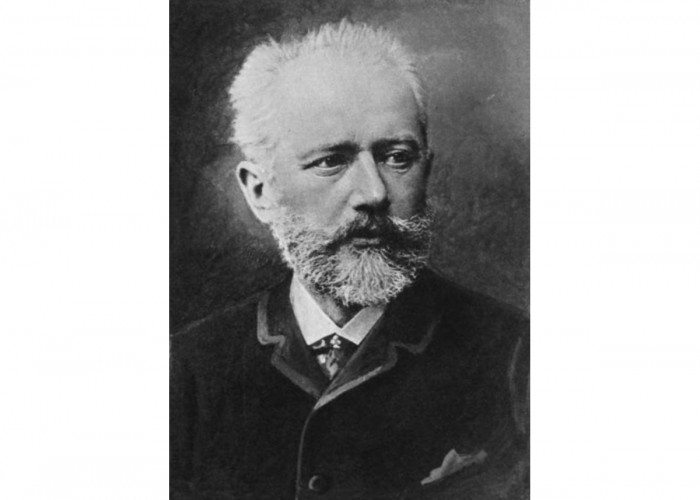1812 Overture, Pyotr Ilyich Tchaikovsky
The 1812 Overture. Written by the Russian composer Pyotr Ilyich Tchaikovsky in 1880, the 1812 Overture shows the huge cultural impact of the Napoleonic Wars and their place in European memory. It commemorates Napoleon’s failed invasion of Russia in 1812 – a disaster for the French that led to Napoleon’s defeat and exile on the island of Elba.
In 1880 the great Russian composer Tchaikovsky was commissioned to write a piece of music to mark the consecration of the new Cathedral of Christ the Saviour, built to give thanks for the Russian victory over the French in 1812. The result was the 1812 Overture, Opus 49, rapidly written in six weeks.
The composition tells the story of Napoleon’s invasion of Russia in music. It begins with a plaintive religious melody played by cellos and violas portraying the distress of the Russian people as their country is invaded by the hitherto invincible French army. The Russians are so ill-prepared and poorly equipped that all the people can do is pray for deliverance. The music moves through a mixture of pastoral and martial themes mirroring the increasing misery of the Russian people as the French advance.
But then comes the bloody Battle of Borodino on 7 September that caused some 70,000 casualties. Borodino proved a turning point for the Russian defenders and at this point in the score cannon shots can be heard drowning out strains of La Marseillaise. Traditional folk music emerges as the Tsar desperately appeals to the Russian people to defend the motherland. The Marseillaise is heard again in counterpoint to folk music as the armies clash and Moscow burns. As the French retreat in the freezing winter the large percussion section plays its part in a crescendo of firing guns and peals of church bells rung in thanksgiving.
The 1812 Overture instantly became popular and has remained so to this day. It is sometimes accompanied by the sound of real cannon and is often used as background music to large firework displays. Tchaikovsky disliked his composition. He considered it very loud and noisy and without artistic merit, “written without warmth or love”. However, it did make vast amounts of money for him and his descendants.
Ludwig Van Beethoven’s Battle Symphony, Opus 91 composed to celebrate Wellington’s victory in Spain at the Battle of Vitoria is another very popular piece of martial music, punctuated by the sounds of muskets. Both composers may have belittled their own work because they were written for income. However these martial compositions have stood the test of time.
-
Use this image
You can download and use the high resolution image for use in a non-profit environment such as a school or college, but please take note of the license type and rights holder information below
- Rights Holder: Image public domain.
- License Type: Open Government






